After Edward Snowden’s revelations about the NSA, what is the EU doing to ensure our online privacy, asks Padraig Reidy
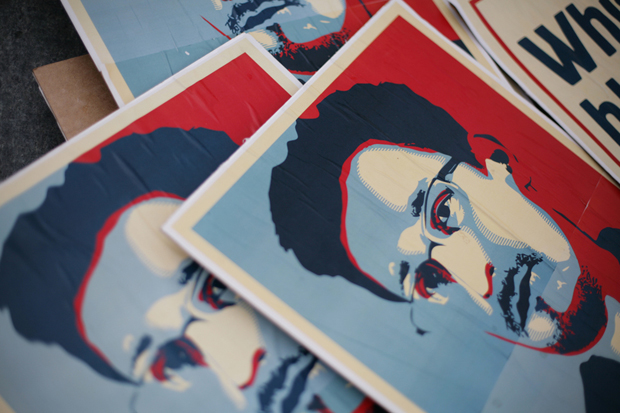

After Edward Snowden’s revelations about the NSA, what is the EU doing to ensure our online privacy, asks Padraig Reidy
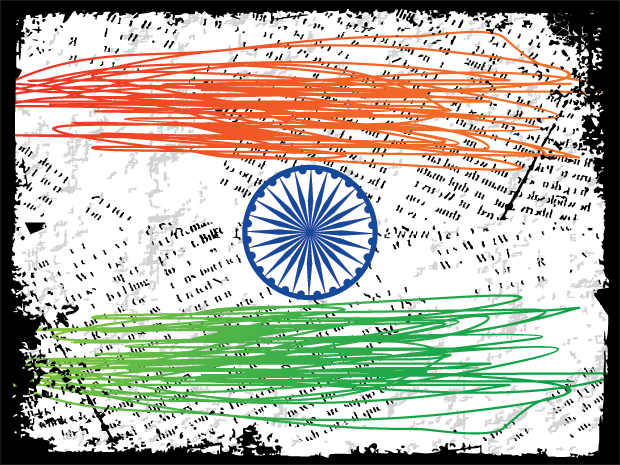
India’s Right To Information act is being challenged by questions of privacy protection, Mahima Kaul reports
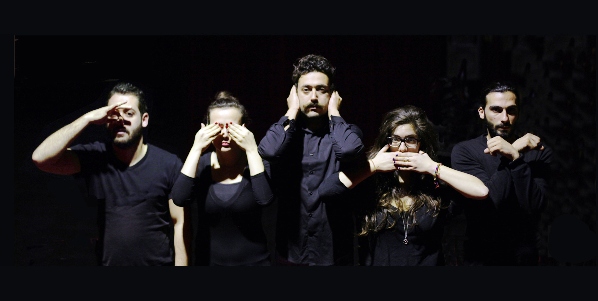
Banning a work of art, a book or a play says more about a society and its temperament than anything else. As free speech and readers mark Banned Books Week, Index on Censorship magazine editor Rachael Jolley looks at Lebanon, where the country’s Censorship Bureau has recently flexed its muscles

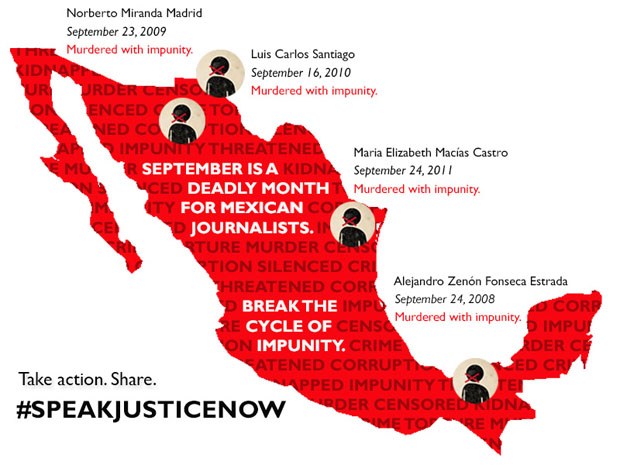
Four Mexican journalists were killed within a year of each other from 2008 to 2011, each in the month of September

As the US marks Banned Books Week, one of the world’s most-read authors reflects on finding her book censored in American schools and libraries
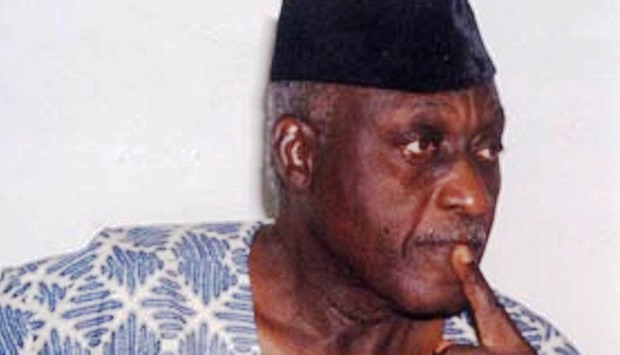
A poem from the Ghanain writer murdered by Al-Shabab
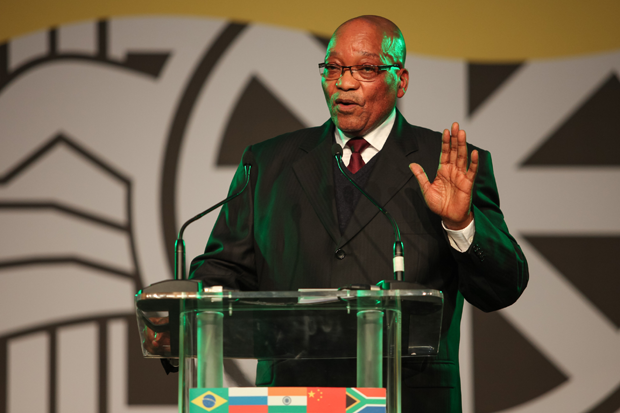
South Africa’s ANC has changed tack in its campaign to curtail the media. In a turn to what could be called “censorship lite”, the iron fist of state security intervention is being augmented by the velvet glove of calls for “patriotic” journalism. Christi van der Westhuizen reports
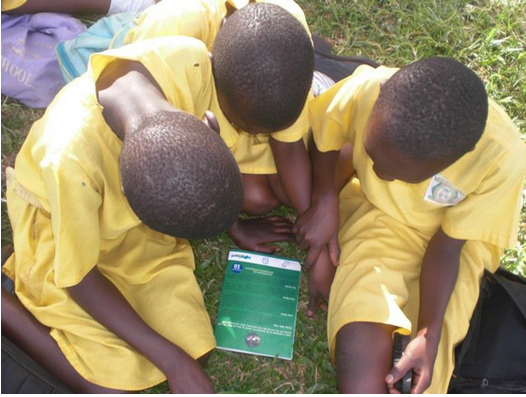
Amy Fallon of Think Africa Press reports on a new project distributing low-cost books to Ugandan children
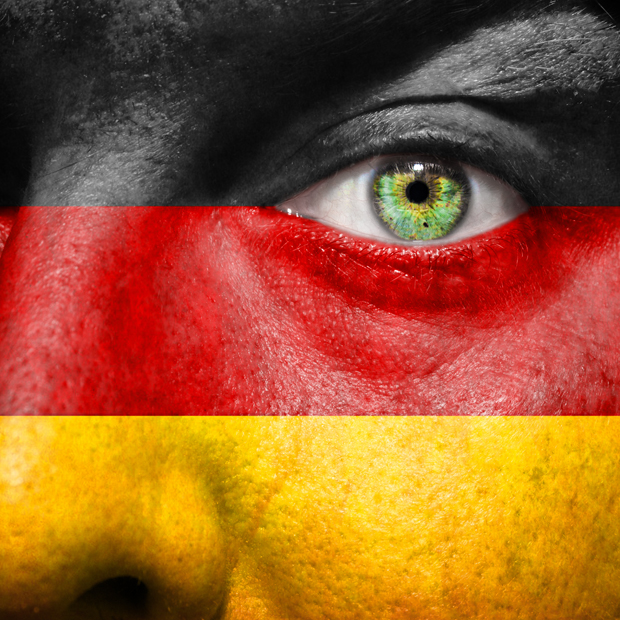
As Germany votes, what are the country’s big free expression issues? Index on Censorship investigates